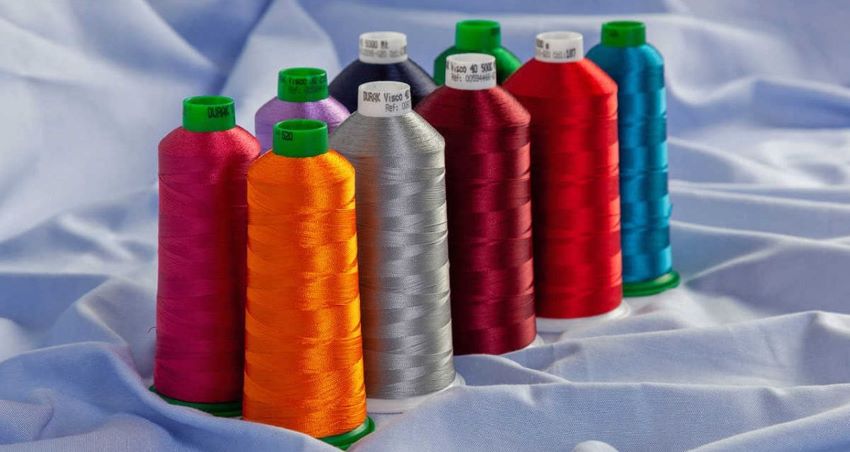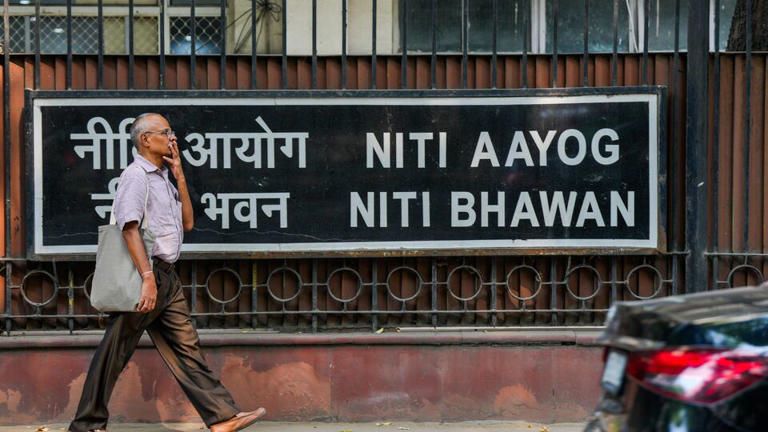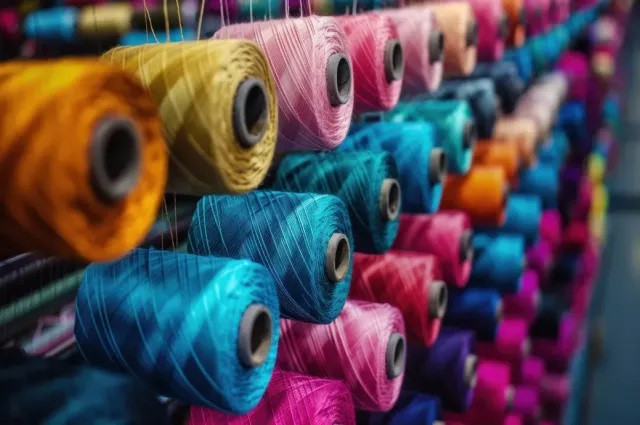For the current season, Pakistan Cotton Ginners Association (PCGA) reported a significant decline in cotton production with output dropping by nearly half compared to the same period last year.
As per the association's report, as of July 15, supply of raw cotton, known as phutti, to ginning factories declined by 48.48 per cent to 442,000 bales as against 858,007 bales processed during the same time last year.
The report attributes this disappointing performance to climate change, though it also highlights deeper, systemic issues within the sector that need urgent attention. Without addressing these underlying problems, cotton industry, which plays a crucial role in employment, industrial production, and exports, will continue to struggle, it adds.
According to the report, the two major issues plaguing cotton cultivation in Pakistan include lack of mechanisation and use of substandard seeds. Absence of mechanised farming in the country results in lower quality cotton, impacting the export potential of the crop. This forces the textile industry to import higher quality raw cotton to maintain its international market share. Consequently, textile mills in the country have reduced their purchase of locally grown raw cotton this year.
Additionally, the genetically modified Bt cotton seeds commonly used in Pakistan have lost their pest-resistant qualities over time. Experts believe, Bt genes need to be continuously improved to maintain their effectiveness against pests. However, poor research and inadequate efforts to enhance seed quality in the country continue to compromise on the crop's yield and quality.
These issues are driving many farmers to switch to more profitable crops like sugarcane, which, although lucrative in the short term, has detrimental effects on the agriculture sector. The shift to sugarcane, a water-intensive crop, in a country already facing water scarcity, further exacerbates this situation.
To reverse this trend, the government needs to introduce policies promoting high-quality cotton through increased mechanisation and better seeds are essential, opines PCGA. The country also needs to boost investments in research and development to improve seed varieties and educate farmers on modern farming techniques is crucial, it adds












